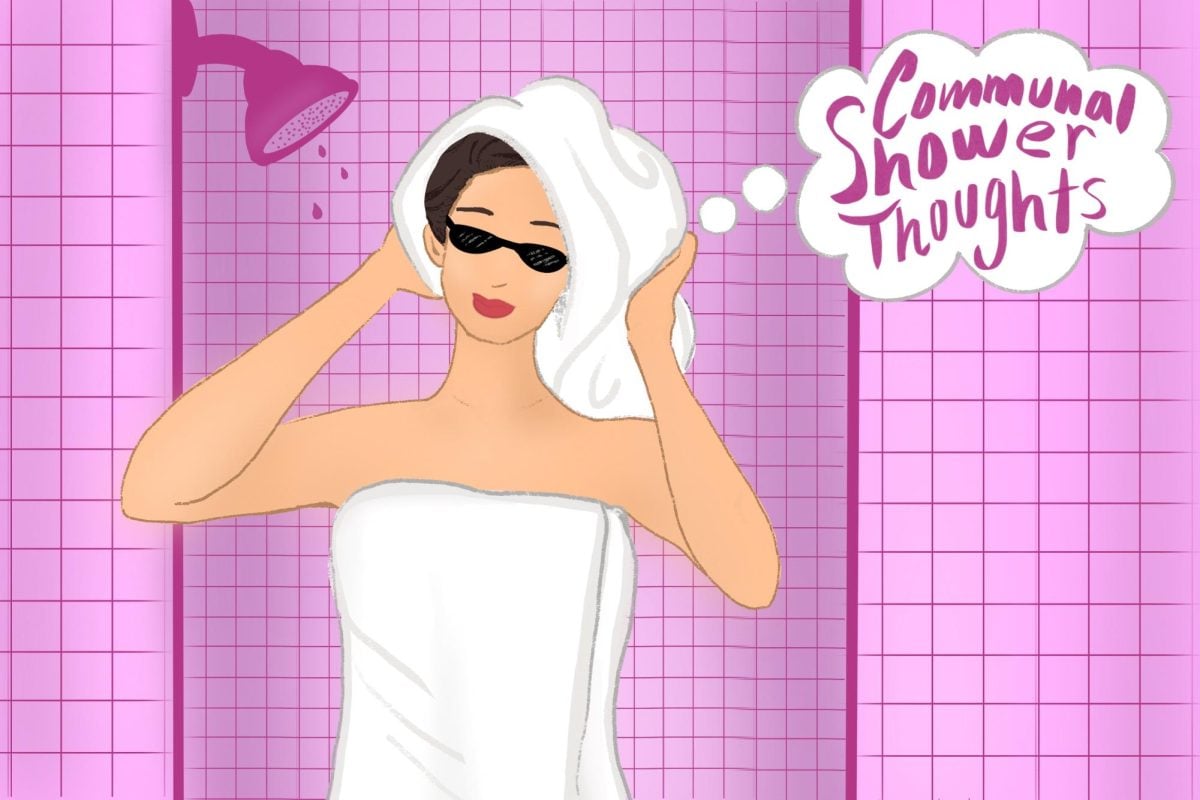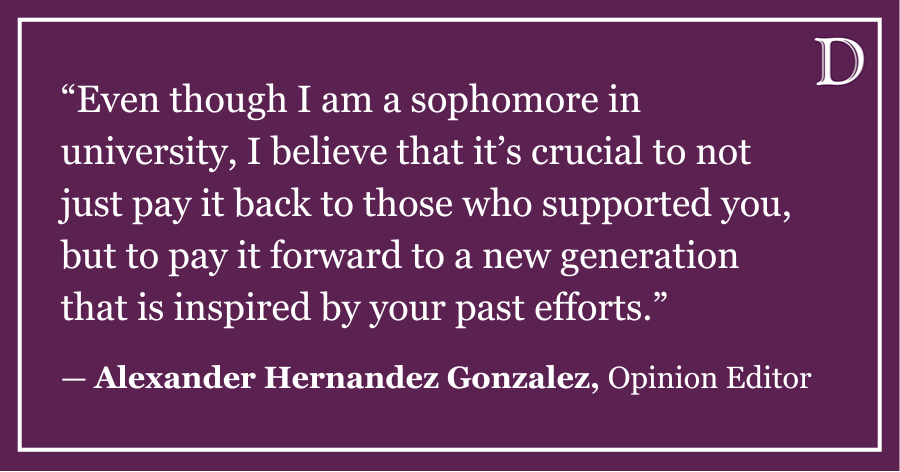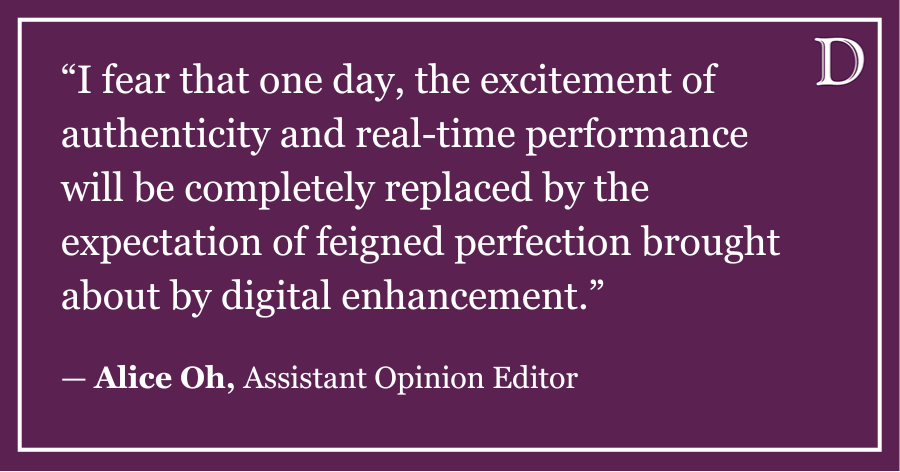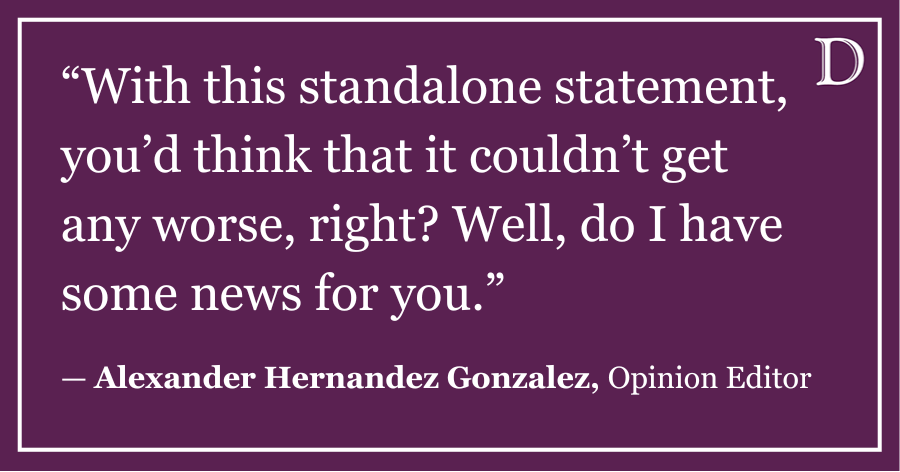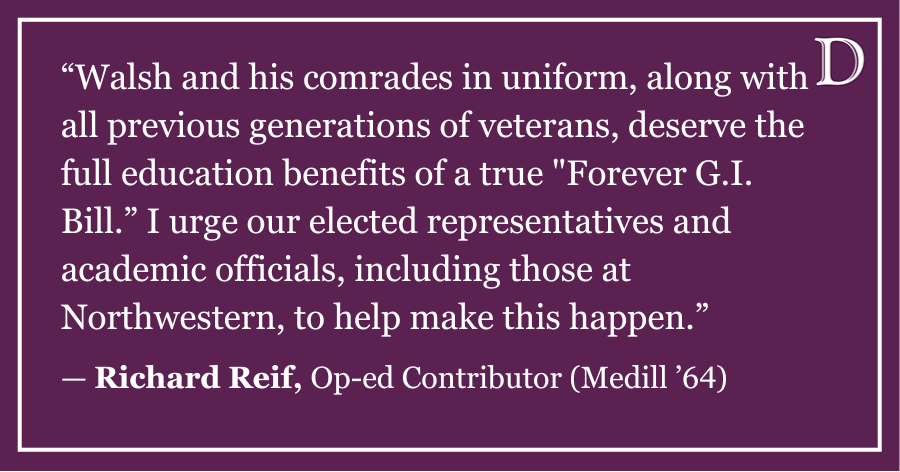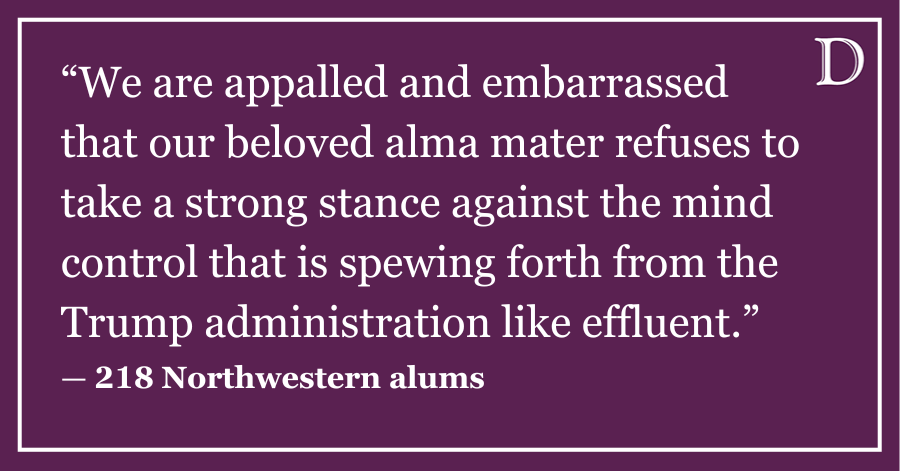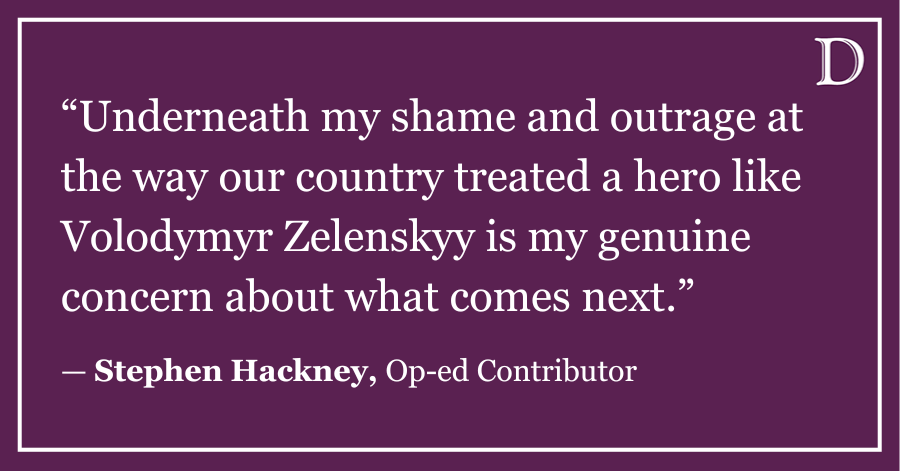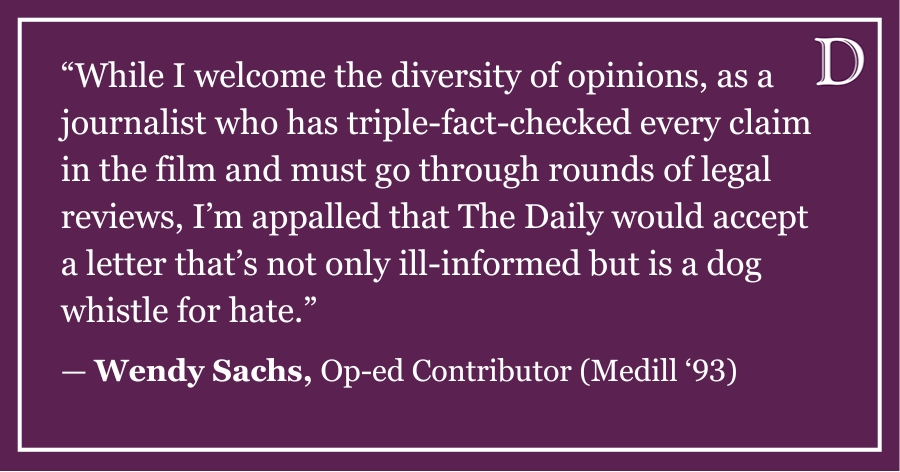As news of trouble within the ranks of the Miami Dolphins shook the sports world, the controversy sparked debate regarding how sports bullies can become so enabled, whether or not the rest of the team knew of Richie Incognito’s behavior and what the right course of action for Jonathan Martin was. However, although the events have prompted discussion on the effects of bullying, they ignore the crucial caveat of bullying performed by someone perceived as superior in some form.
Many people are quick to point out that the unique relationships of teammates are difficult for people outside of sports to understand. I can admit at this point in my life that I know a very small amount about sports as a whole. When the story first broke, I thought “Richie Incognito” was a pseudonym meant to keep the real player anonymous (Incognito … seriously? You can’t make that stuff up.)
When I started middle school, I found myself making friends with a relatively small, close group of people. We have been an extremely tight-knit group ever since. Although we may not talk as much since we’ve gone on to colleges all across the country, I still consider them among my best friends — the kind who you can talk to after five years and feel like nothing has changed.
Now that’s not unusual; I’m sure nearly everyone at NU has such a group of friends. The unusual part is that I have never seen or been a part of a group of legitimate friends that was meaner or more abusive than our own. We would berate and belittle one another, play cruel pranks and resort often to unprovoked insults, looking for a cheap laugh from the rest of the group. As much as I had liked to play the victim then, I realize that I was as much a part of the nastiness as any of us. To be completely blunt, I was mean to my friends, and they were mean to me.
But, somewhere along the lines, something changed. Slowly but surely, we grew up. We stopped trying to make one another feel stupid, ugly or awkward. We no longer shot down someone’s hopes with a dismissive joke.
Does that mean we’re all mature adults now? God no, of course not. I’m probably the biggest man-child I know, and I’m not the only one who still acts like I’m 12 again from time to time. Still, we have experienced the kind of brutality it seems Jonathan Martin was subjected to — we have also propagated it — and have slowly left that kind of behavior where it belongs: in the halls of grade school.
Where my experience changes from Incognito’s or Martin’s is that, unlike in the hierarchical world of pro sports, all of my peers were equals. Our grades were mostly the same, our clubs had huge overlaps and there was never any method to insinuate that one person was better or more successful than the other one. That’s not to say we were identical; in any group there are individuals who are smarter, funnier or more athletic, but those traits didn’t translate to a ranking.
In large part, it’s because we practically grew up together. Whether it was high school, girlfriends, fighting with a teacher or having one of a million experiences that shape your worldview and personality, we experienced them side by side. None of us could really be better people if we were all still turning into real people ourselves.
In football, that’s not the case. Incognito has played longer, has a decorated career, has appeared in Pro Bowls and is by far a more established player than rookie Jonathan Martin. The cruelty among my group of friends should never have been acceptable, but we accepted it because we viewed ourselves as equals. In a professional sports relationship, nothing is equal. I have been both Incognito and Martin at many points in my life — sometimes simultaneously — but never is a situation where hierarchy was so defined, and so integral to the identity of the people within that hierarchy.
The delegitimization Martin must have felt had a much sharper edge to it than an equal would experience. A cruel joke was only cruel; an over-the-shoulder insult is not a friend being a jerk but is a person taking your greatest insecurities about inferiority and magnifying them by a thousand. The reason that Richie’s behavior is so unacceptable is not because of cruelty, but because of cruelty within the context of a world with some objective ranking.
These same problems occur not only in sports, but in fraternity hazing, political groups, orchestras (players are given ranked chairs) — essentially any group that people tie their own intrinsic value according to, and that group had a system of telling how valuable you are.
Bullying, hazing and generally uncivil conduct will not go away anytime soon, as much as we wish they would. What we can do, though, is work to eliminate the rungs in which people can place themselves, conveniently allowing them to spit on those below them and kiss up to those above them. Bullying exists everywhere, but its consequences are magnified by hierarchy. Eliminate that, and you end up with a group of cruel, sadistic, immature, wonderful friends.
Yoni Muller is a Weinberg junior. He can be reached at [email protected]. If you want to respond publicly to this column, send a Letter to the Editor to [email protected].


